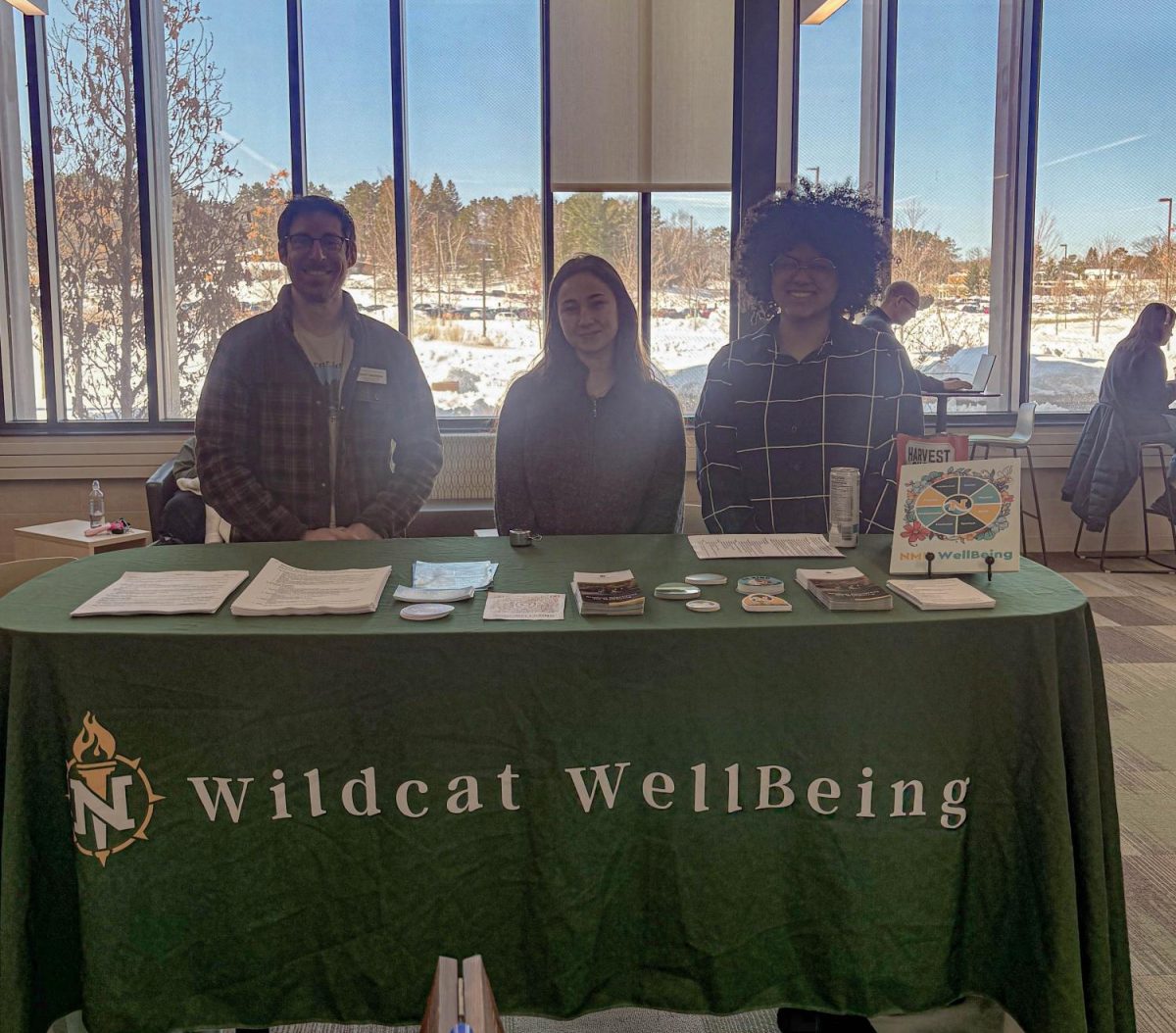On February 28, the local nonprofit organization Social Justice For Us published the second issue of their quarterly online magazine, Safer Shores. SJFU hopes the magazine will offer a platform for the voices of marginalized people in the Upper Peninsula.
Safer Shores is edited by a married couple, Autumn and Anthony Coté-Viola. Both editors had ties to SJFU prior to the publication of the magazine. Autumn Coté-Viola was a founding member of the organization, and Anthony Coté-Viola served as a volunteer. The idea for Safer Shores developed after SJFU asked someone to create a public newsletter for the organization. Autumn Coté-Viola volunteered, and what started as a simple newsletter quickly became something more.
“I had ideas that were a little bit bigger than that,” Autumn Coté-Viola said. “I definitely didn’t think we should do something monthly.”
SJFU’s pre-existing following in the Upper Peninsula meant that Safer Shores had an established audience prior to publication. This incentivized the editors to spend more time working on each issue. They decided to publish Safer Shores on a quarterly basis. The magazine is directed towards marginalized people and allies.
“Its purpose is to give a platform and a space for people to express their ideas and express other things going on in their lives,” Anthony Coté-Viola said.
The Coté-Violas say Safer Shores will raise awareness about social justice issues in the Upper Peninsula through the talents of its contributors.
“We’re looking for anything,” Anthony Coté-Viola said. “This can serve as a creative outlet for a lot of people, too.”
The most recent issue of the magazine contains a poem examining how the word ‘savage’ is used to demean people of color. This is followed by an anonymously authored piece of prose titled “An Open Letter From A Rape Survivor.” Most pages also contain artwork by a contributing illustrator. The editors encourage submissions from anyone in the community.
“We want the community’s voice to be heard through this publication,” Anthony Coté-Viola said. “So if anyone has an idea, anyone has anything they want to say, you know, we are open doors and will help facilitate anyone that wants their voice to be heard.”
Although their audience is primarily local, the two say the subject matter is relevant to a much broader audience.
“A lot of these issues also are nationwide and affect more than just us up here,” Anthony Coté-Viola said.
“If we do reach a larger audience than just the UP, it could serve to shine lights on issues in the U.P.,” Autumn Coté-Viola said. “People don’t really realize that this stuff happens here, too.”
Anthony Coté-Viola says history is evidence that widespread problems such as racism affect the Upper Peninsula, too. He says in 1926, more than 100 Klansmen marched down Front Street in Marquette.
“Even if there’s not that many BIPOC people in the area, the KKK still had a huge influence and appeal to people up here,” Anthony Coté-Viola said.
The Coté-Violas hope that Safer Shores will raise awareness of problems both past and present. They want the community to know that all are welcome to contribute.
“Anybody, not just NMU students, can email us either an entire piece, just an idea— they can ask what we are looking for right now as far as open positions, et cetera,” Autumn Coté-Viola said.
Potential contributors can connect with Safer Shores by emailing safershores@gmail.com.
The third issue of Safer Shores will be released in May. The deadline for submissions is May 15. Like the previous two issues, it will be published online. The editors hope the magazine will eventually be available in print as well.
The Coté-Violas said that because Safer Shores is part of a nonprofit organization, they are not allowed to use paid advertising in the magazine. As a result, they rely solely on donations.
“We’re just kind of waiting until we have a little bit of a larger audience before we push the publishing in print thing,” Autumn Coté-Viola said. “But we do hope to see that in the near future.”
In the long term, the editors want to see Safer Shores continue well into the future. When they eventually depart from the magazine, they will pass it on to like-minded volunteers. Until then, they would like to establish a strong infrastructure of volunteers and readers to support the publication.
“Building it up to a point where it is successful and has an audience and has a reach would be an awesome goal,” Anthony Coté-Viola said.
Visit the Safer Shores Facebook page for more information about the magazine. SJFU can be found on Facebook here.


























